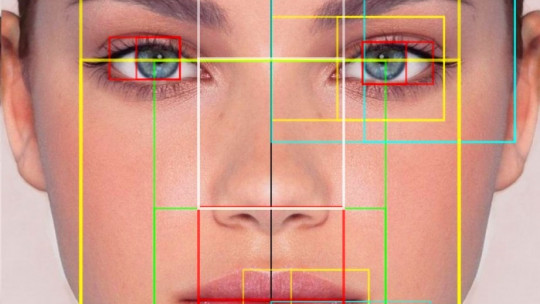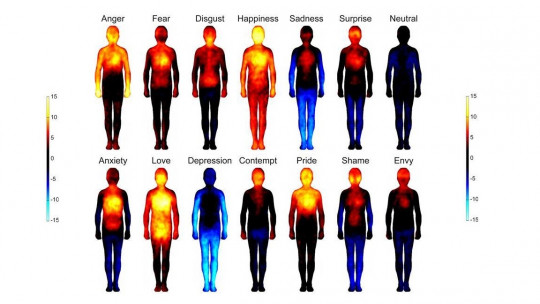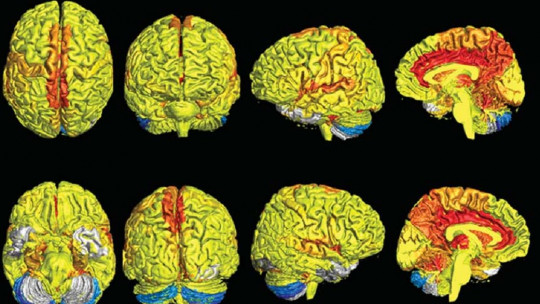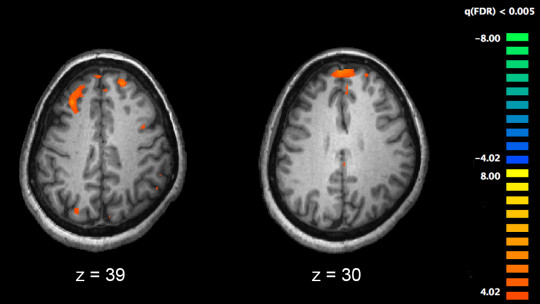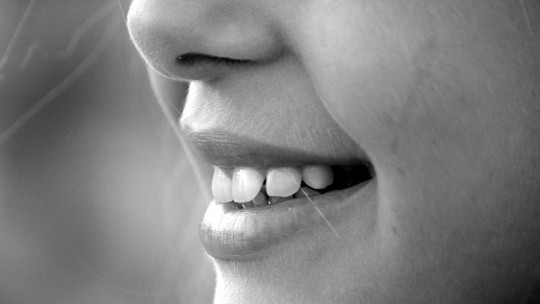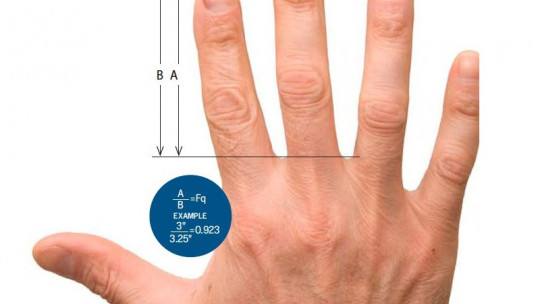Although it is well known that human perception of beauty is based on certain cultural factors some researchers have attempted to elucidate the immutable root of the beautiful.
In this way, numerous studies have asked, throughout history, why some faces seem more beautiful to us than others, isolating cultural or subjective arguments.
Beauty on the female face: detecting the keys
Scientists from the universities of San Diego and Toronto have studied the female face in depth. Taking out of the spotlight some facial features culturally valued in modern Western society, such as full lips or large eyes, researchers have noticed that there are new «golden proportions » that create a face that is more attractive to us.
Specifically, these proportions have to do with the distance between both eyes, the mouth and the facial contour.
Investigation
The research was carried out through four independent experiments in which university students were presented with different pairs of women with very similar facial characteristics, but with their eyes more or less separated and at a variable distance from the mouth.
A question of proportions
The students rated as more attractive those women whose vertical distance between their eyes and mouth was approximately 36% of the length of their face , and the horizontal distance between their eyes represented 46% of the width of the face. One of the curious facts that the study revealed was that these proportions correspond to an average face. With a tape measure you can repeat the same facial analysis with a woman who wants to participate.
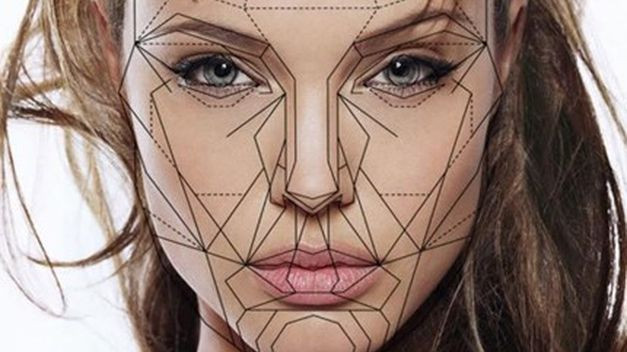
«It has been impossible for generations to find these relationships. Ancient Greece promoted their version of the golden ratios, also known as divine proportion , and they used this knowledge in art and architecture. “Several scientists have suggested that Leonardo Da Vinci himself had these proportions in mind when he painted the Mona Lisa,” says Pamela Pallett, one of the lead researchers.
Palett believes that this ancient proportion does not explain the modern perception of beauty. He considers, therefore, that the study has managed to determine that it is the distance between the eyes, the mouth and the facial contour that are the true proportions that we perceive as beautiful.
The key is in the average
Some experts indicate that this proportionality may be related to an individual cognitive process, in which the observer accepts as ideal an average of proportions of all the faces he sees during his life They also explain that these proportions are usually linked to an indicator of good health, and both biologically and evolutionarily we tend to consider these faces more beautiful.
Hairstyle can also influence
The research suggests a very interesting point, which has to do with the influence of haircut on beauty : “The study also sheds light on the question of why sometimes an attractive person appears less attractive or vice versa after a haircut or a different hairstyle, and this is because the proportions we perceive can be altered,” says the professor. from the University of Toronto Stephen Link another of the researchers.

